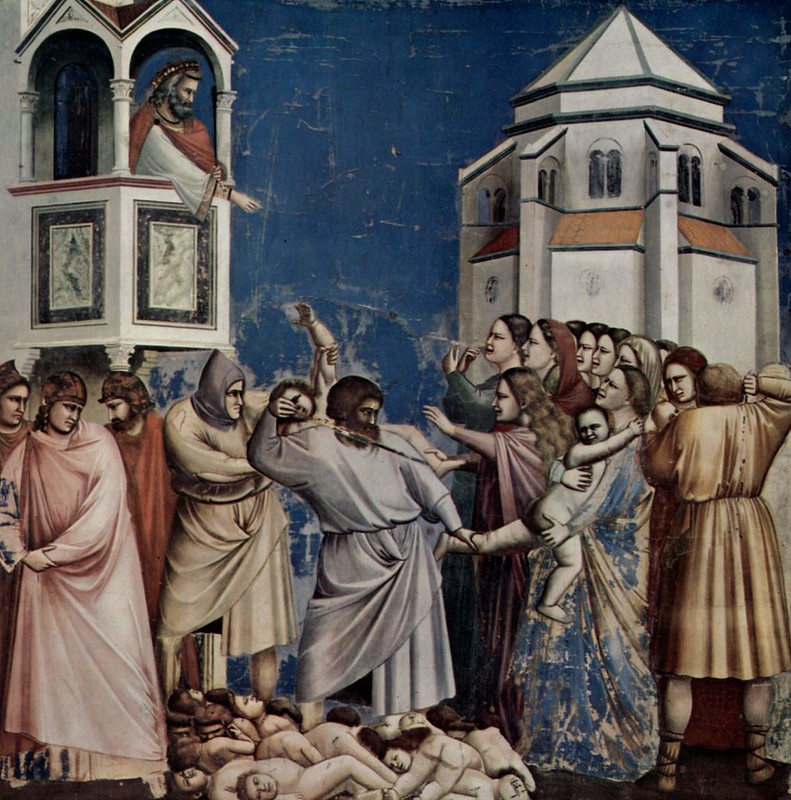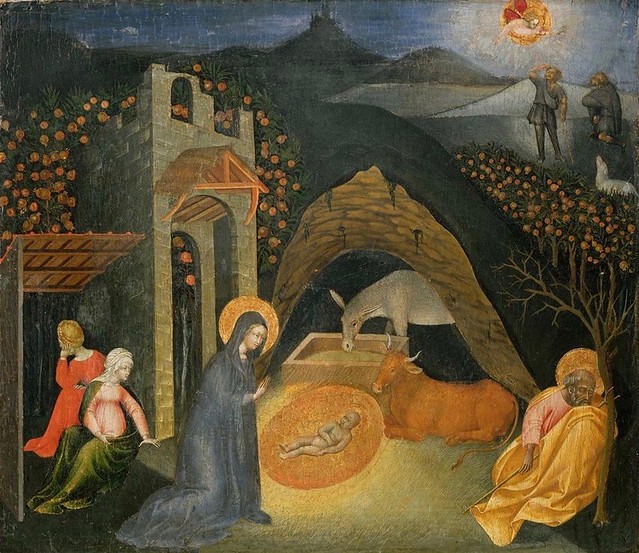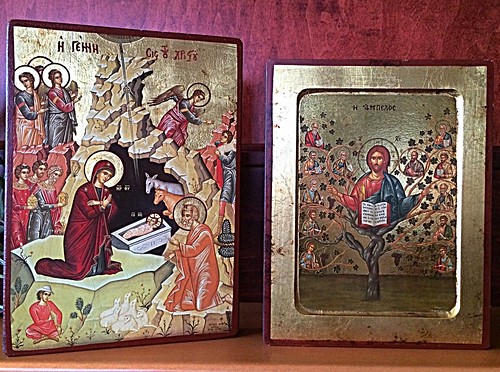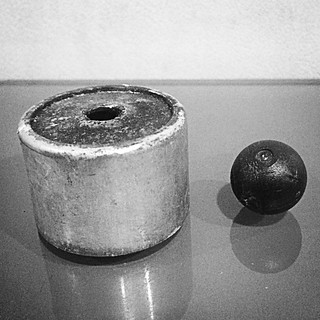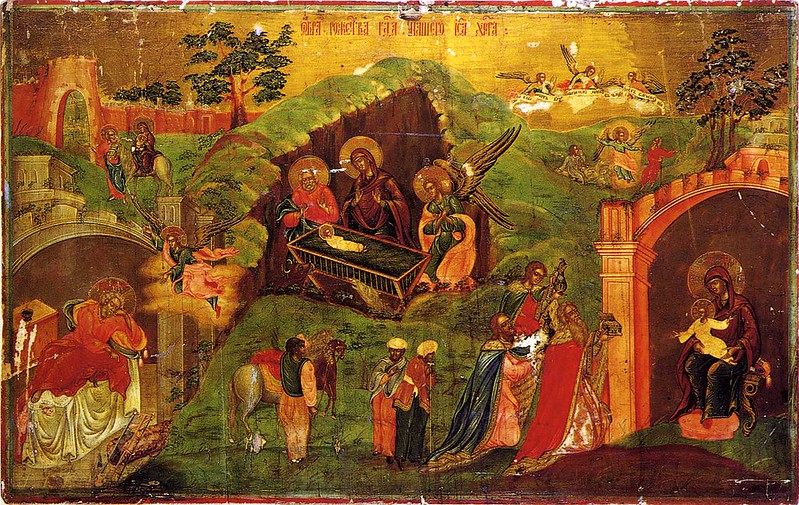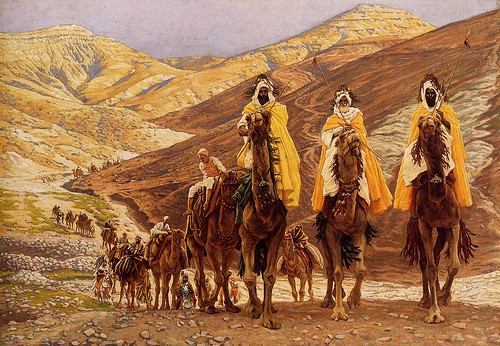The Dark Side of Christmas
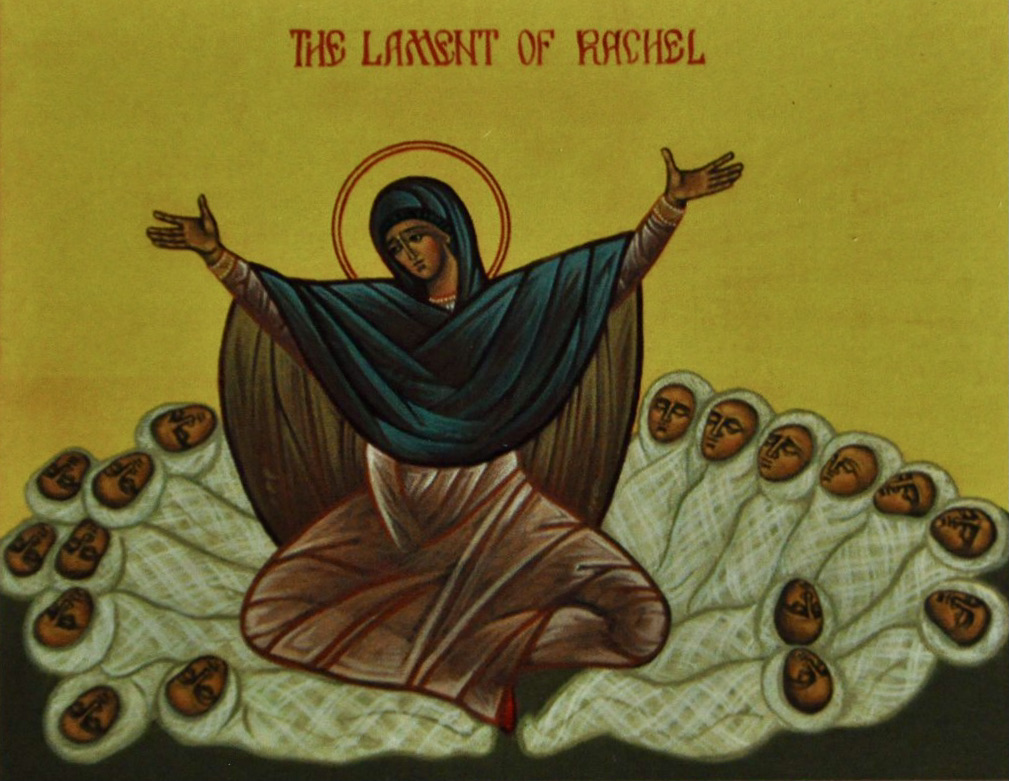
The Dark Side of Christmas
Brian Zahnd
Today is the Feast of the Holy Innocents — an unflinching look into the dark side of Christmas. In his Gospel, Matthew tells a macabre story you won’t find on any Christmas card — King Herod’s massacre of the innocents. (Matthew 2:1-18)
Two thousand years ago Jesus was born into a world where vicious despots were willing to employ hideous violence to hold on to power — which is to say a world not unlike our own. The lethal violence directed at Jesus, first as an infant and then at the end of his life, accentuates the political nature of the kingdom of heaven. This kingdom does nothing less than radically reimagine how the world should be organized. The kingdom that Jesus Christ brings is not a kingdom restricted to heaven, but a kingdom for earth coming from heaven. Of course, the principalities and powers always view this heavenly invasion as a challenge to their tyranny. When the Magi inquired, “Where is the child who has been born King of the Jews?”, it wasn’t long before death squads were sent by Herod in an attempt to eliminate his rival. And what was the inscription Pontius Pilate placed upon the cross indicating the capital crime of Jesus? “Jesus of Nazareth, the King of the Jews.”
Read more
